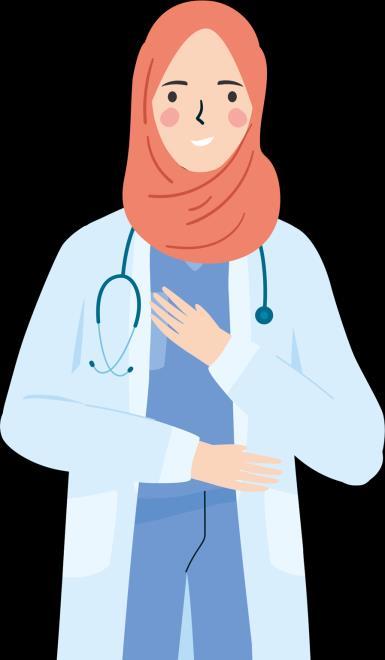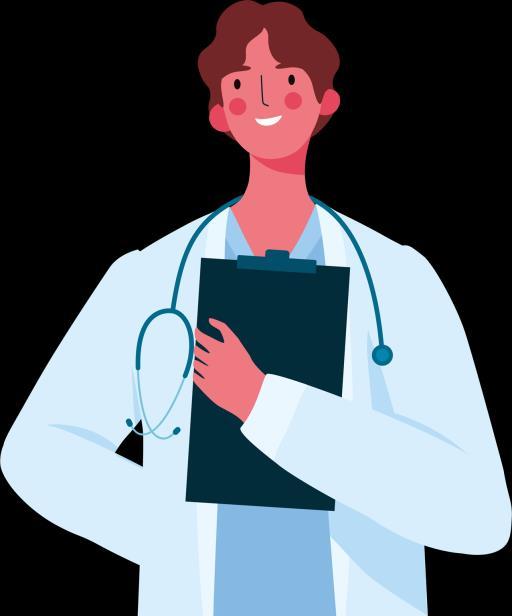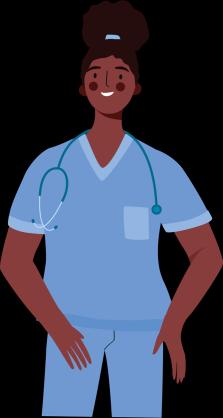Organization for health professions: Management








• Integrates successfully the clinical dimension into the economical and managerial one

Combines the production factors by managing



Mission: ensure high-level care in all care environments



Vision: Continuous improvement of the quality of the services provided, according to the best evidences available, in compliance with ethical and deontological principles




«If your actions inspire others to dream more, learn more, do more and become more, you are a leader»
John Quincy Adams 1767-1848


The structure gathering all the healthcare professionals, functions and services provided at the various levels of responsibility and within the different sectors of the organization, ensuring the provision of care and treatment (together with the support staff), through the management of human and material resources in all the environments where it takes place.

• Connects the top management to the operational units
• Promotes the quality of nursing and obstetric care, and of the related activities

• Hires human resources and plans their deployment

• Evaluates skills and the quality of care

• Traces career paths
• Provides guidelines to facilitate and harmonize care pathways
Staff
Training Management
Research and Development
Quality and Accreditation

Line

Hospital Management
Territorial Management


2nd level Bachelor’s Degree
• Nurse/Obstetrician – Manager
• Nurse/Obstetrician – Researcher
• Nurse/Obstetrician – University Professor and Researcher
• Nurse/Obstetrician – Trainer

Master’s Degree

• Nurse/Obstetrician – Coordinator
• Nurse/Obstetrician – Specialist

The nurse in possession of a 2nd level bachelor’s degree addresses complex problems

• concerning health
• concerning the quality of services

(which are often unresolved due to the inefficacy of previous solutions)
research, planning and negotiation in the

Implemented by professionals with advanced clinical skills:

• Management of global, continuous, prompt, intensive, high-quality and very complex nursing care
• Management and promotion of the therapeutic education of patients and their families
• Participation in staff training and research activities

• Case management through the nursing process
• Identification of the care needs falling within their competence
• Goal setting, planning, management and assessment of the care intervention
• Correct implementation of diagnostic and therapeutic procedures, involving the support staff




Entails the following functions:

Management




It is a cross-function of the strategic and operational management, and is based on:
• current legislation
• best scientific evidences available
• theoretical concepts embraced by the management
• organizational models
• deontological principles
• patient-centered approach
• respect for the requirements of the team work

• Turn organizational objectives into specific goals
• Manage the resources assigned and available


• Know and analyse roles and functions in order to improve their organization
• Spread the mission and the vision by sharing them

Nursing/obstetric care service

Mission / planning / evaluation
Scenarios analysis / Vision
Hospitals/Departments
Management / Leadership
Organization / Operativeness
Simple and complex Operating Units
Management / Leadership
Organization / Operativeness

“You should not be allowed to dream without being given the tools to make your dreams come true”
The determinants of the staff:
• operating context
• quality of the services to be provided


• skills required: job description
• complexity of care





• Direct
• Guide
• Support
• Compensate
• Replace

• The set of resources oriented to the achievement of common goals, in a evolutionary relationship with the environment
• Activity aimed at a specific goal, carried out by the different elements of a coordinated whole

• Etymology: organon (instrument, organ) ergon (work, task), in its meaning referred to human behaviour and work
• “Good organization”: when the activity carried out by each element integrates into the activities carried out by the others
There is no best organizational model, but an organization is effective only when it is consistent with its


Mission
To be pursued, the raison d’être shall be: precise, accurate, unambiguous, known, and shared

• Structure: organizational model, roles, skills


• Operational mechanisms: operating rules, planning process, information systems, training systems, coaching and onboarding

• Social mechanisms: leadership, team work, formal and informal communication systems
• Organizational behaviours: relationships, styles, attitudes, conflict management
• Reward-based systems: evaluation, promotion, development, incentives

